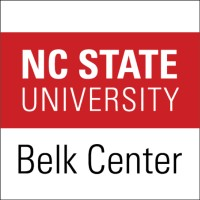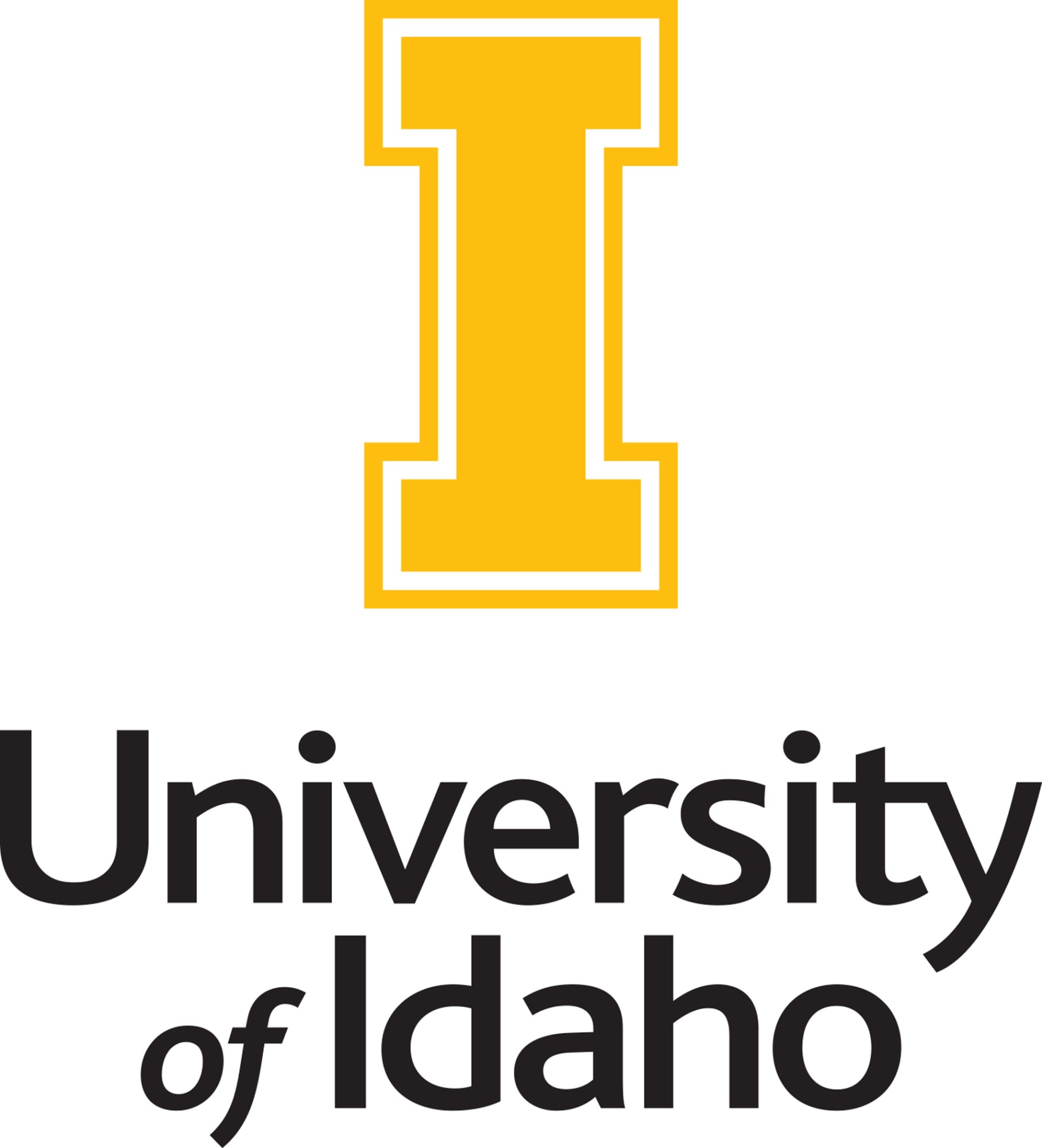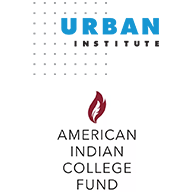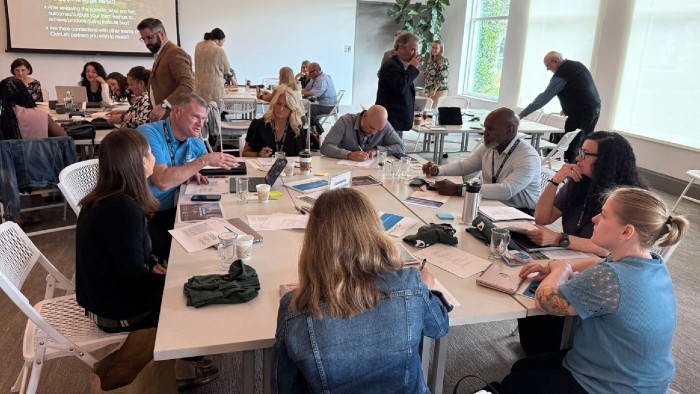
Partners Reflect on Progress from Ascendium’s Rural Learner Success Initiative
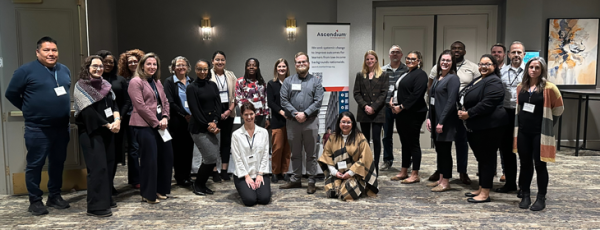
Through our Building Evidence to Increase Rural Learner Success initiative, Ascendium has invested in research that generates actionable knowledge, yields evidence-based insights, and supports practitioners and policymakers in scaling effective approaches to removing systemic barriers uniquely faced by rural learners. Recently, members of Ascendium’s Education Philanthropy team and the seven organizations selected as grant partners of the initiative convened at the Association for the Study of Higher Education (ASHE) conference. The convening allowed the opportunity to not only share research and reflect on progress, but to allow topics and themes to emerge that can inform next steps.
A discussion of strategies to engage rural learners highlighted the importance of a comprehensive approach to postsecondary education, one that includes a role for rural communities beyond the learner and the institution. Teams found it valuable to share their insights on how to include these important groups in their research.
They also discussed how to best disseminate the results of their research for maximum benefit. Those doing this work know that the assets and aspirations of rural communities are just as important as the challenges, and they discussed how to ensure this message is delivered in all resulting products. Teams plan to target rural institutional leaders but may disseminate deliverables to leaders of non-rural institutions who can learn from the research and innovation occurring in rural spaces.
“The research teams were appreciative of an opportunity to learn with and from another,” Kirstin Yeado, Ascendium senior program officer said. “The community of researchers committed to rural learners and institutions is small but passionate, and they are excited to engage one another as their projects move forward.”
Representatives from each of the seven organizations were present. Read more about each of their research projects by clicking the corresponding link.
Each team received a grant of up to $500,000 to support their research over three years through the initiative. With support from American Institutes for Research (AIR), they will continue to engage in convenings to share learnings from their research projects. As projects progress, insights and findings will be developed for immediate use by leaders, policymakers, and practitioners serving rural learners.
